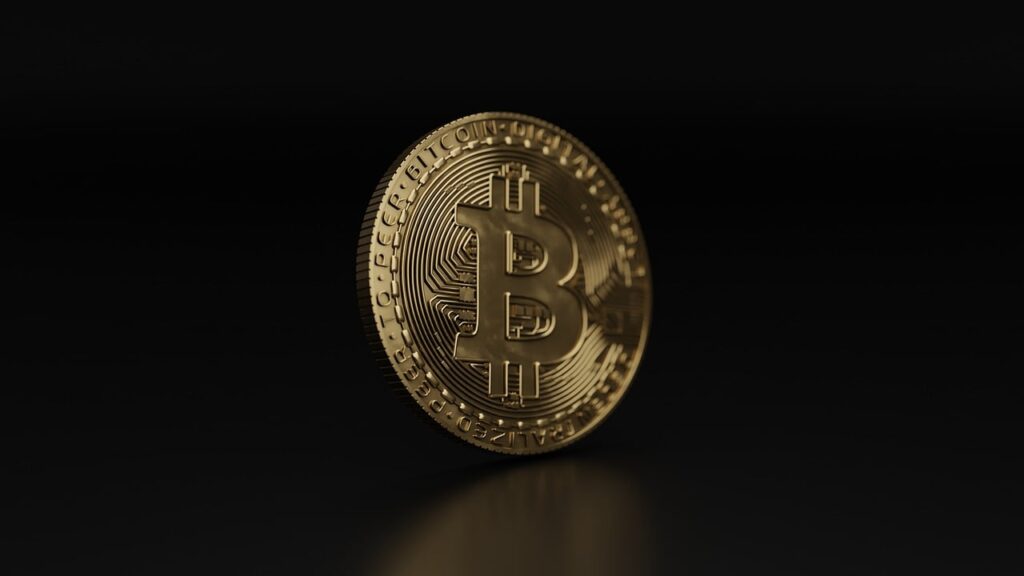The recent transfer of 19,800 bitcoins, valued at nearly $2 billion, from a government-controlled wallet to Coinbase Prime has sparked speculation.
Are these bitcoins, once confiscated from the infamous Silk Road marketplace, being sold off?
Silk Road: A Dark Chapter in Bitcoin’s History
Silk Road was a notorious dark web marketplace where illicit goods and services were traded, from drugs and weapons to hitman services. Payments were conducted exclusively in bitcoin, which was then perceived as an anonymous currency.
In 2013, the FBI dismantled Silk Road, and its founder, Ross Ulbricht, was sentenced to life imprisonment in 2015. Former President Trump has since suggested he may grant clemency to Ulbricht if re-elected.
Bitcoin Confiscations by the U.S. Government
- 2013 Seizure: The FBI confiscated 144,000 bitcoins during the takedown of Silk Road.
- 2022 Seizure: The U.S. government seized another 50,000 bitcoins from James Zhong, who had exploited a vulnerability in Silk Road’s code back in 2012. By depositing small amounts of bitcoin and withdrawing far larger sums, he managed to siphon off these funds.
How the U.S. Manages and Sells Confiscated Bitcoin
According to blockchain analysis firm Arkham Intelligence, the 19,800 bitcoins were moved to Coinbase Prime, a platform used for institutional trading. The U.S. government collaborates with Coinbase to sell confiscated cryptocurrency in a controlled manner to minimize market disruption.
Why Sell Now?
1. Strong demand in the market
The current demand for bitcoin is robust, with major institutional players like MicroStrategy and Marathon Digital actively accumulating. Over the past weekend, MicroStrategy purchased 15,400 bitcoins worth $1.5 billion. This heightened demand provides an opportunity for the government to liquidate its holdings without significantly impacting prices.
2. Political context: Trump vs. Biden on bitcoin
The timing is intriguing, considering the potential policies of a Trump administration. Trump has floated the idea of creating a National Strategic Bitcoin Reserve (SBR) to position the U.S. as a leader in the global digital economy.
Under the Biden administration, crypto regulation has been more stringent. The current government appears to be expediting the sale of confiscated bitcoins, likely those not tied up in ongoing legal proceedings, before a potential shift in policy direction under a Trump presidency.
Implications for Bitcoin Prices
Short-term impact
The sale of 19,800 bitcoins is unlikely to significantly depress prices due to the strong buying interest from institutions like MicroStrategy and Marathon Digital.
Long-term impact
If a Trump administration indeed establishes a Strategic Bitcoin Reserve, the U.S. government may find itself needing to repurchase large amounts of bitcoin. Such a move could create substantial additional demand in the market, potentially driving prices higher.
The U.S. government’s sale of confiscated bitcoin raises questions about its motivations and timing, particularly in the context of shifting political leadership. While the immediate market impact may be muted, the potential for a strategic reserve policy under a future Trump administration could have significant long-term implications for bitcoin’s adoption and valuation.
Investors should closely monitor these developments, as they reflect not just on the state of the crypto market but also on its increasing entanglement with global geopolitics and economic strategy.
Read more about buying bitcoin.



